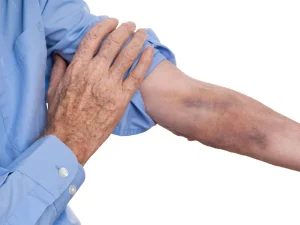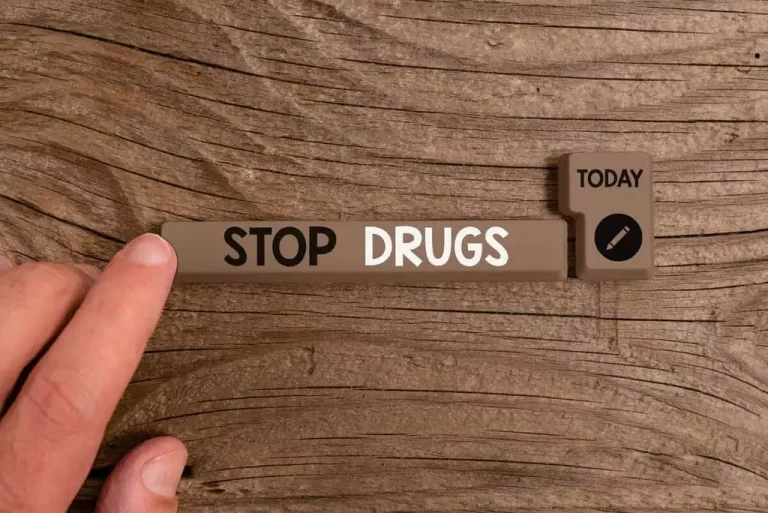Alcohol Withdrawal Delirium: Causes, Symptoms, and Treatment

Commonly used medicines in this group include chlordiazepoxide (Librium) and lorazepam (Ativan). If you have severe vomiting, seizures or delirium tremens, the safest place for you to be treated is in a hospital. For delirium tremens, treatment in an intensive care unit (ICU) is often required.
Alcohol withdrawal syndrome (AWS)
DTs can develop in anyone who meets the criteria for heavy alcohol use. For people AMAB, that means drinking three or more drinks per day and 15 or more drinks per week. For people AFAB, that means drinking two or more drinks per day and eight or more drinks per week.

Treatments That Help With Alcohol Withdrawal
The prognosis (outlook) for someone with alcohol withdrawal depends greatly on its severity. You may also receive other medications or treatments for related health issues, like IV fluids for dehydration and electrolyte imbalances or antinausea medicines if you experience vomiting. It’s important to be honest about your alcohol use — and any other substance use — so your provider can give you the best care. Symptoms can become severe, and it can be difficult to predict which people will develop life-threatening symptoms.
- The symptoms may worsen over 2 to 3 days, and some milder symptoms may persist for weeks in some people.
- And while symptoms typically improve within 5 days, some individuals may experience prolonged symptoms.
- Benzodiazepines are a class of sedative medications that can treat anxiety and control seizures.
- Your loved one may need assistance during withdrawal, which may involve outpatient, residential, or inpatient options.
Severe Symptoms
This way, you can better understand what withdrawal entails and the best course of action. Withdrawal can be different for everyone, so finding a treatment plan that will work for your loved one is crucial. Your loved one may need assistance during withdrawal, which may involve outpatient, residential, or inpatient options.
Causes of Alcohol and Drug Withdrawal Symptoms
- If you begin experiencing severe symptoms of AWS, it’s important to seek immediate medical attention.
- This article discusses alcohol withdrawal, its symptoms, and potential complications.
- Based on the score, which illustrates the severity of withdrawal, healthcare providers can determine what treatment is appropriate.
One drink is equal to 14 grams (g.) of pure alcohol, which can take many different forms because some forms have a higher concentration of alcohol than others. The only definitive way to prevent DTs is to avoid alcohol entirely. Symptoms of AWS are often treated with sedatives called benzodiazepines. The most prescribed benzodiazepine is chlordiazepoxide, which is only available as a generic in the United States.
Impact on your health
Providers may recommend using other seizure medications to manage withdrawal symptoms during severe alcohol withdrawal, either instead of or in combination with benzos. This class of drugs may be used to treat mild, moderate, or severe alcohol withdrawal. Someone with an AUD is likely physically dependent on the substance.

And consider joining a support group such as Alcoholics Anonymous. If you decide to get treatment, your doctor can recommend the type of care that you need. During an exam, they’ll look for other medical conditions to see if they could be to blame.
- Keeping these risk factors in mind can help you be aware of your drinking habits and prevent alcohol misuse.
- If your provider suspects that you have a problem with alcohol, you may be referred to a mental health provider.
- Sodium, calcium, potassium and magnesium are common electrolytes in sports drinks.
Meanwhile, the brain is producing more and more neurotransmitters, making a person further imbalanced. Common medications include benzodiazepines to help treat symptoms like anxiety, insomnia, and seizures. You might also take anti-seizure meds and antipsychotics, along with other drugs.
You may find a renewed interest in music during your detox and should pursue the distraction it offers from cravings or withdrawal symptoms. Like deep breathing, meditation can help you stay https://ecosoberhouse.com/ balanced and relaxed during your withdrawal. At times, it’s easy to forget why you entered recovery in the first place. Meditation can help clear your mind to focus on what really matters.
Benzodiazepines

Once withdrawal is complete, additional medications and supplements may be needed to address complications and nutritional deficiencies that occur because of chronic alcohol use. The first goal of treatment is to keep you comfortable by managing your symptoms. Cure for Alcohol Withdrawal Symptoms Your doctor’s treatment goal is helping you stop drinking as quickly and safely as possible. The experience of withdrawing from alcohol can be uncomfortable and difficult. Some people may relapse, or drink alcohol again, to relieve the symptoms.

